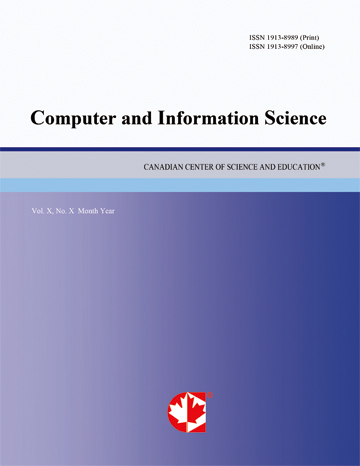Using Deep Learning to Block Web Tracking
- Jianyi Wang
Abstract
Most websites that users browse every day utilize trackers that can identify who users are and what activities they conduct online. Although there are benefits to these trackers, they also raise considerable privacy concerns. This research study examines the issue of how to identify web trackers and how to protect users from being tracked. Specifically, this study investigates how AI Deep Learning technologies can be leveraged to identify and stop trackers. The main idea of AI Tracker Blocking is that AI can detect the small differences between tracker server domains and non-tracker server domains. For instance, a tracker domain may appear like this: analytics.xxx.bid, whereas a non-tracker domain may be like this: mail.xxx.com. Although it is likely impossible to block all trackers, results from this study indicate that there are new ways to identify them using Deep Learning.
- Full Text:
 PDF
PDF
- DOI:10.5539/cis.v13n2p27
Journal Metrics
WJCI (2022): 0.636
Impact Factor 2022 (by WJCI): 0.419
h-index (January 2024): 43
i10-index (January 2024): 193
h5-index (January 2024): N/A
h5-median(January 2024): N/A
( The data was calculated based on Google Scholar Citations. Click Here to Learn More. )
Index
- BASE (Bielefeld Academic Search Engine)
- CNKI Scholar
- CrossRef
- DBLP (2008-2019)
- EuroPub Database
- Excellence in Research for Australia (ERA)
- Genamics JournalSeek
- GETIT@YALE (Yale University Library)
- Google Scholar
- Harvard Library
- Infotrieve
- Mendeley
- Open policy finder
- ResearchGate
- Scilit
- The Keepers Registry
- UCR Library
- WJCI Report
- WorldCat
Contact
- Chris LeeEditorial Assistant
- cis@ccsenet.org
